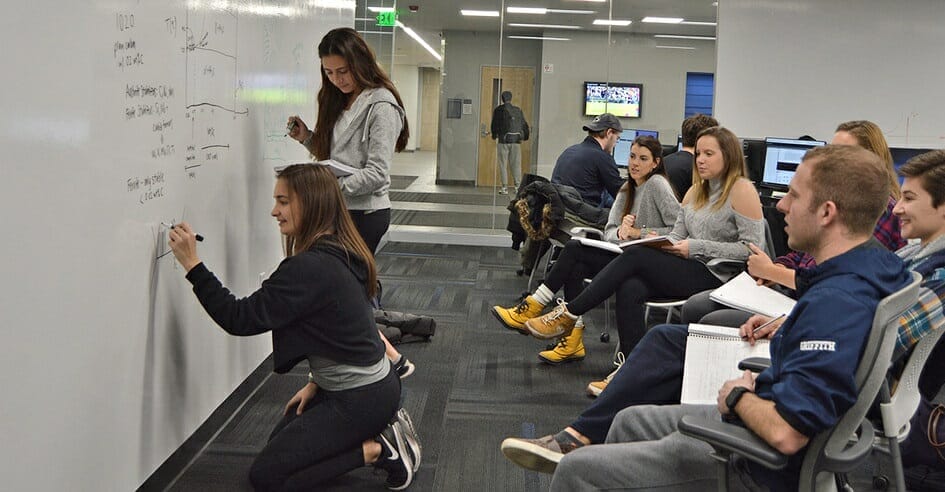For engineering students, there is that episode (or episodes) in the calculus class, may it be in Differential or Integral Calculus, that we ask ourselves if the efforts we put in the class will be all worth it, or if we really need to learn the subject. It’s time to break the glass and tell the truth: you don’t necessarily need to hold on to those complicated calculus methods like integration by parts or the chain rule, but doing and solving calculus problems will train your mind to work like an engineer.
Calculus paved the way to the development of mathematics and their applications in engineering, and the processes have all been done – all we have to do is understand how the pioneers did it, and how the mathematics in calculus is performed. When we become engineers later on, the calculus will have to be worked on by the computers through software. There will be tools that will do the job of performing calculus; but if you plan to create those tools, you need to learn the subject.
If you plan to pursue an engineering career devoid of direct calculus problem solving, you have the choice to shrug the calculus off. However, you need to pass the subject. You need to understand how calculus works to exercise those gears inside your head. That understanding will yield results when you apply the same analysis – because, duh, you will be using the same brain gears – to the more valuable subjects such as algebra and trigonometry and even to your higher subjects. Such will be useful when you become an engineer later on, despite the absence of calculus at work.






















